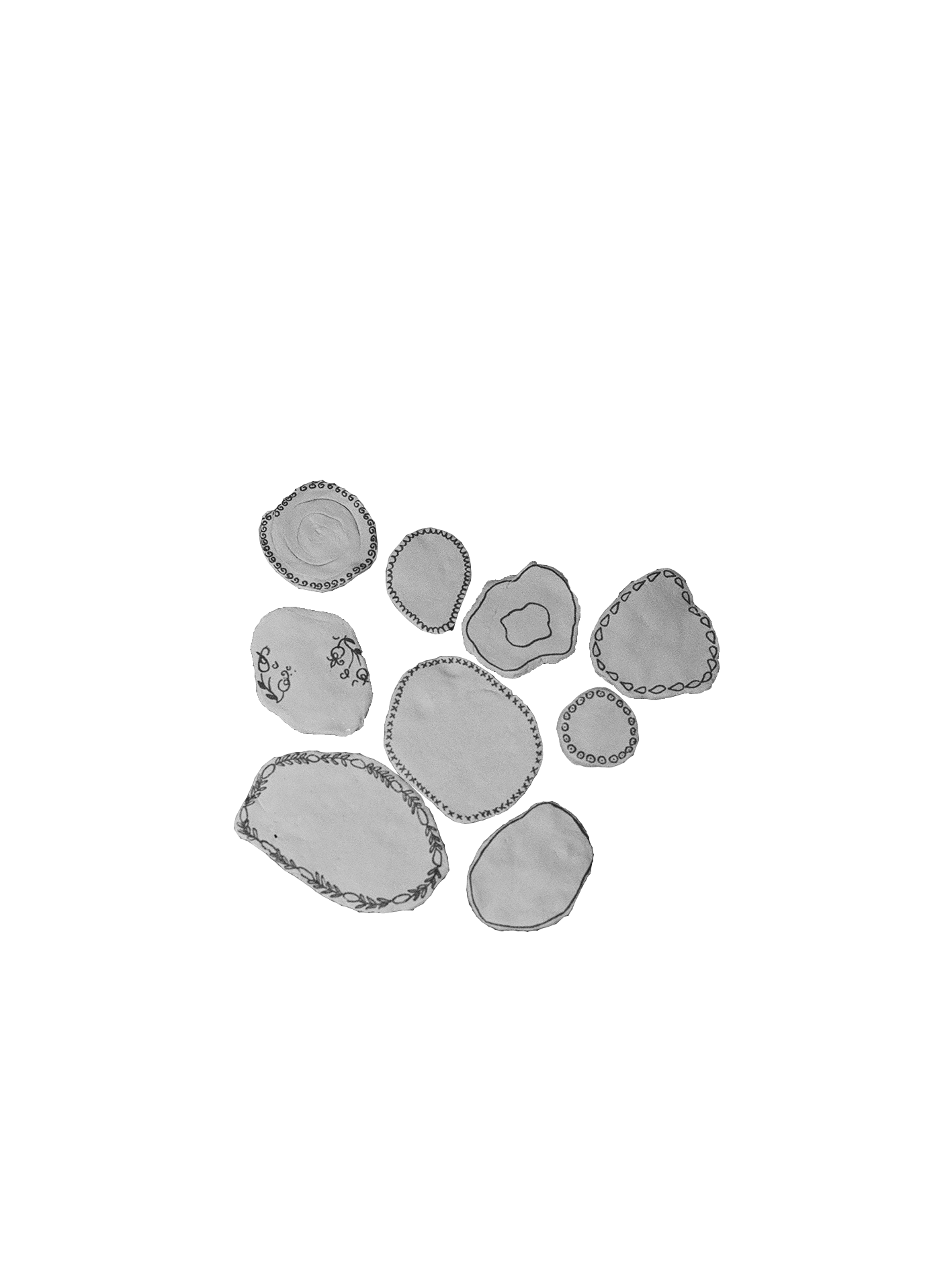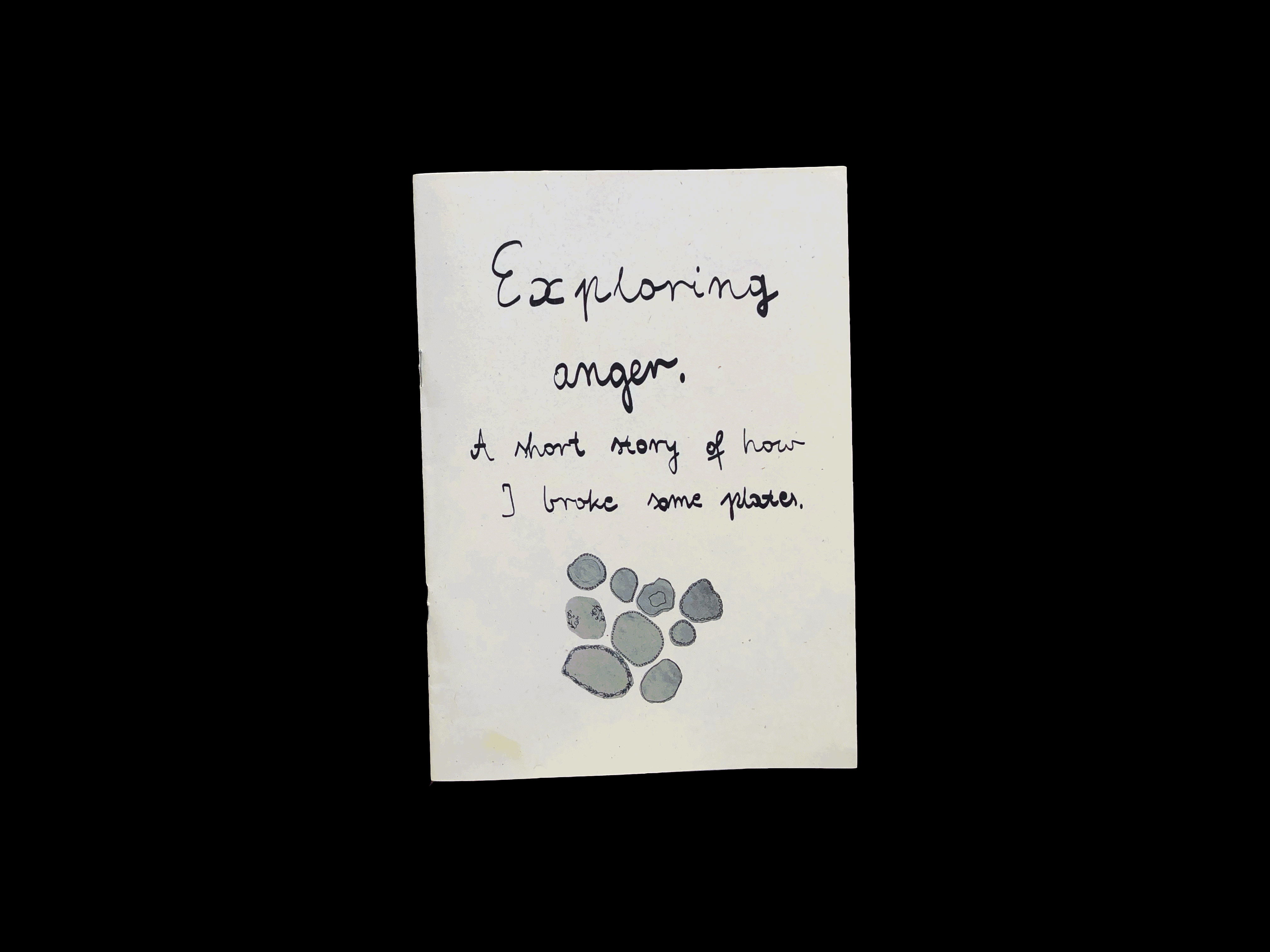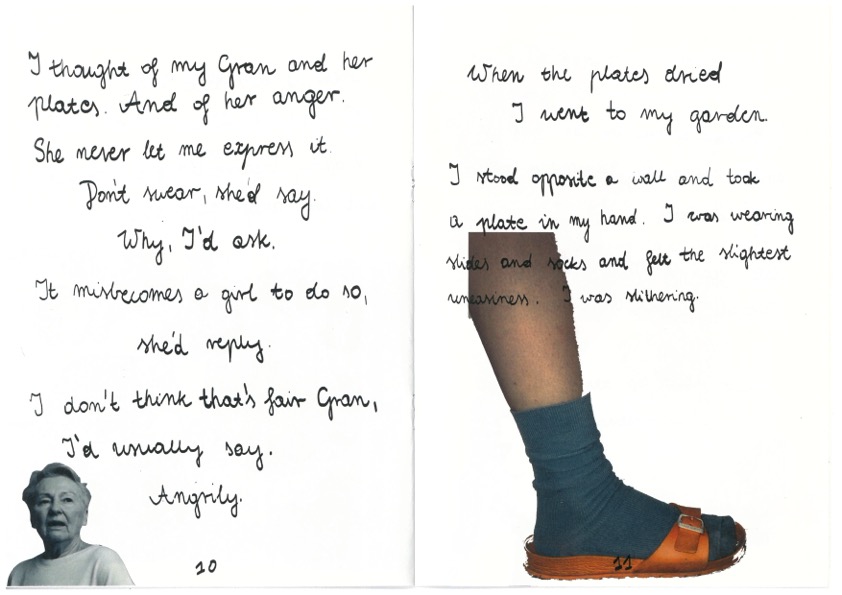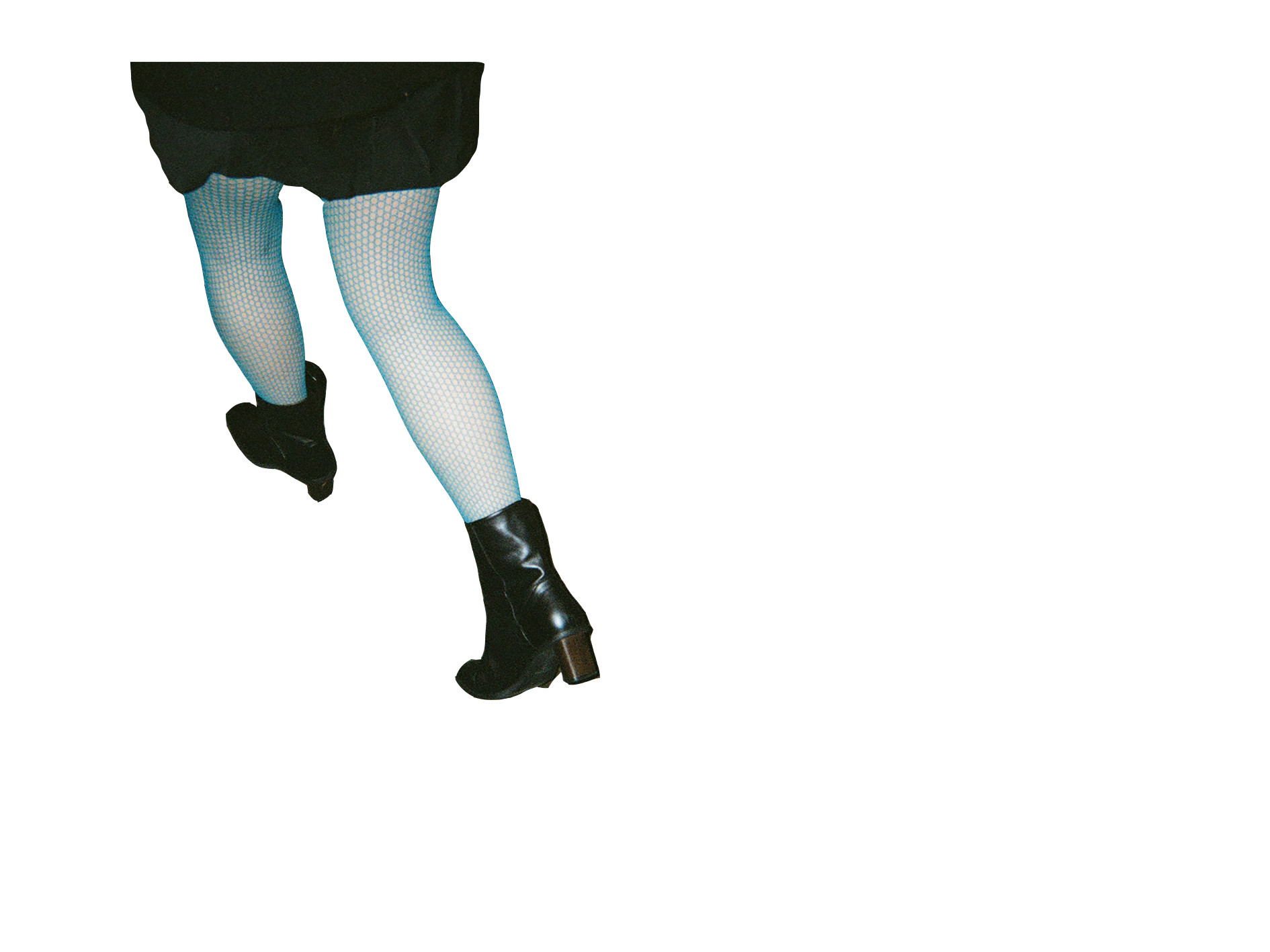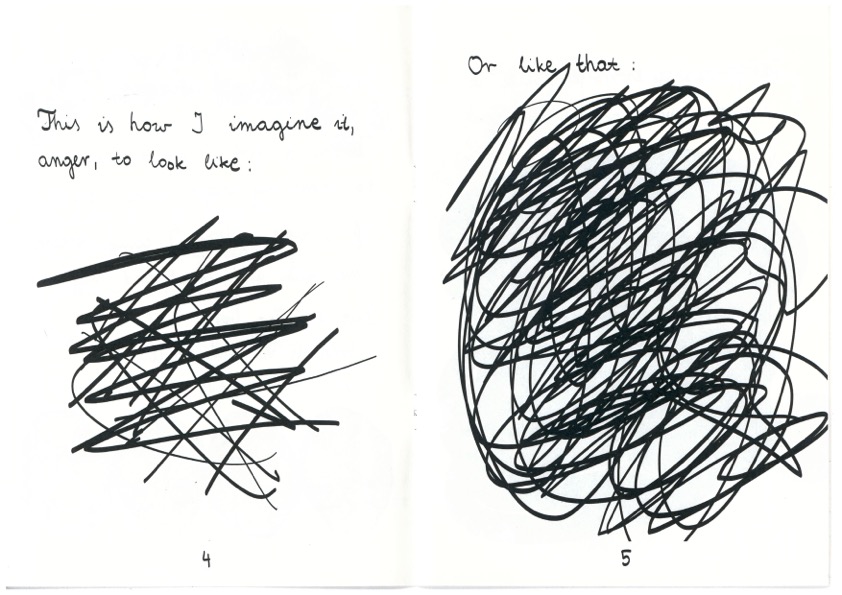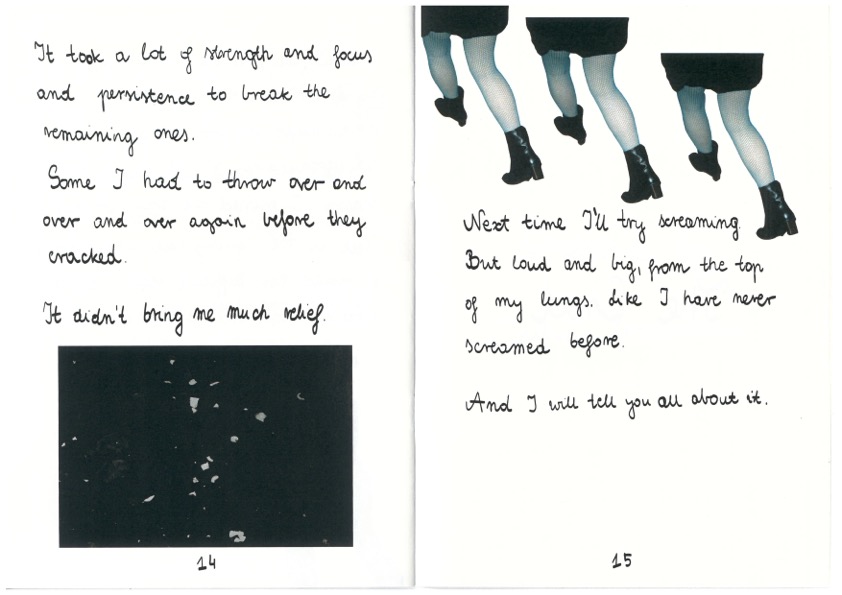
Faworki 2021
Faworki (eng. Angel wings) are dry crispy cakes, and according to an Old Polish custom are made during the carnival season.
‘ART is FOOD.
You can EAT it BUT it FEEDS you.’
Shuman, 1984
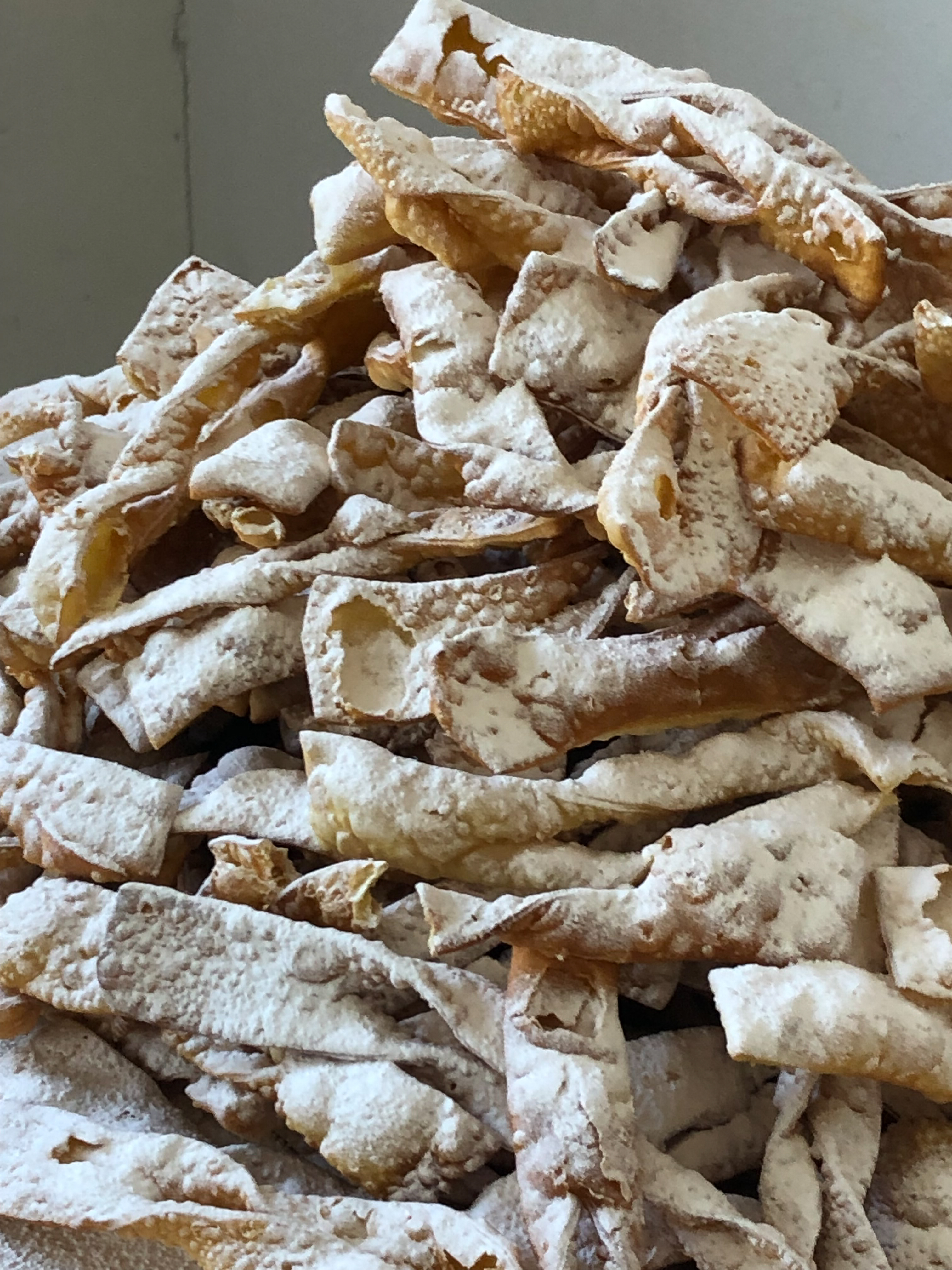
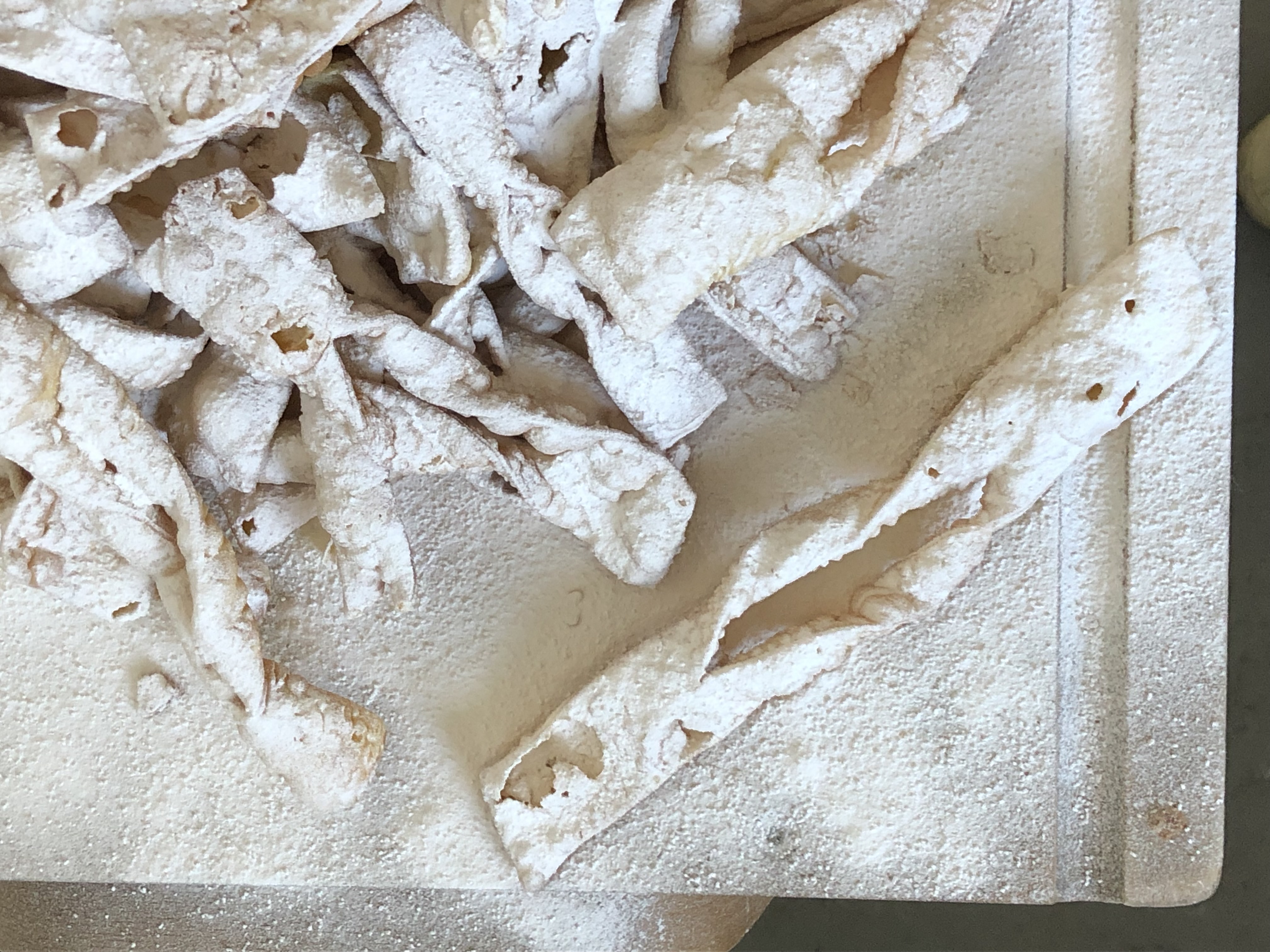
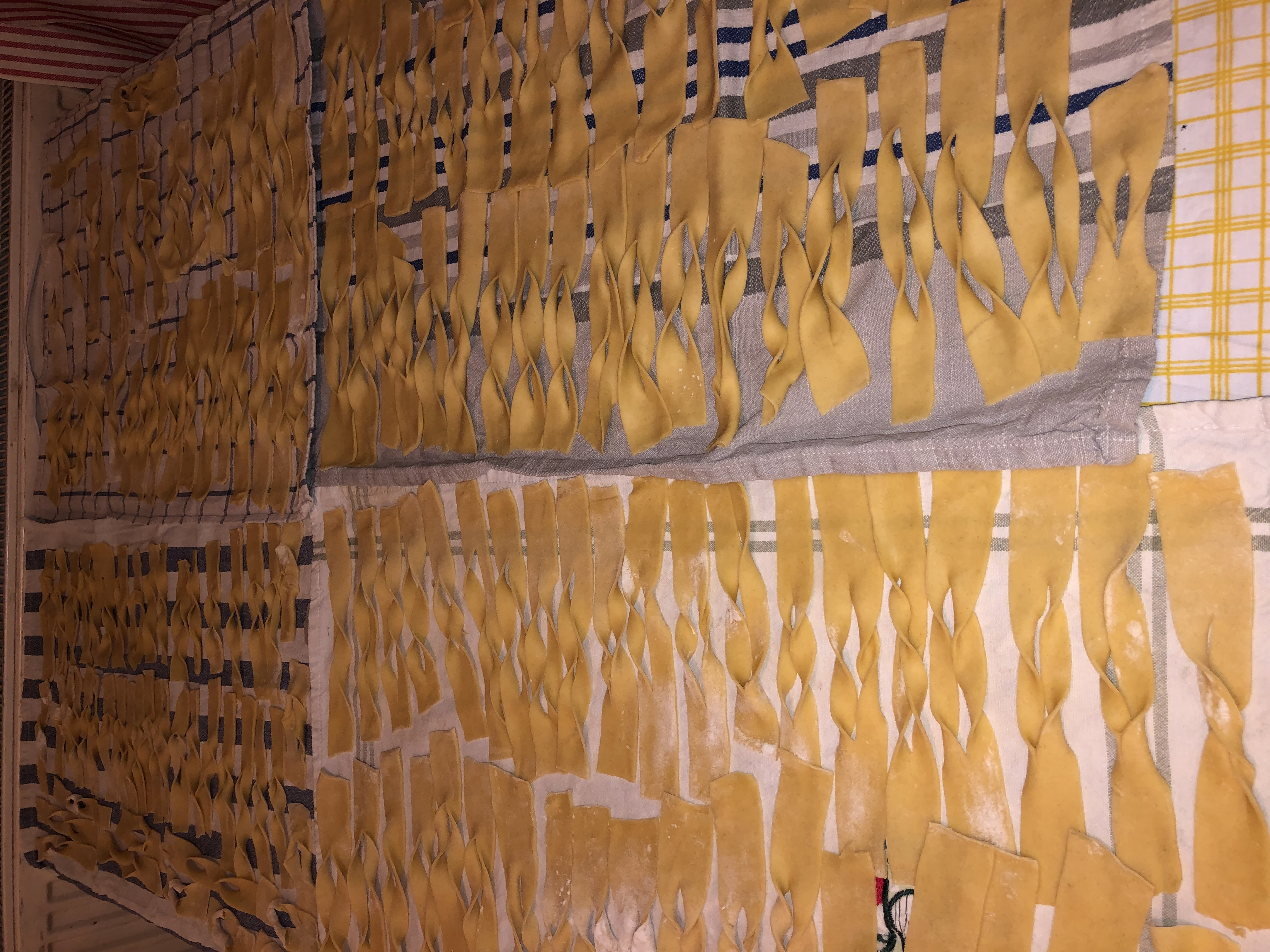

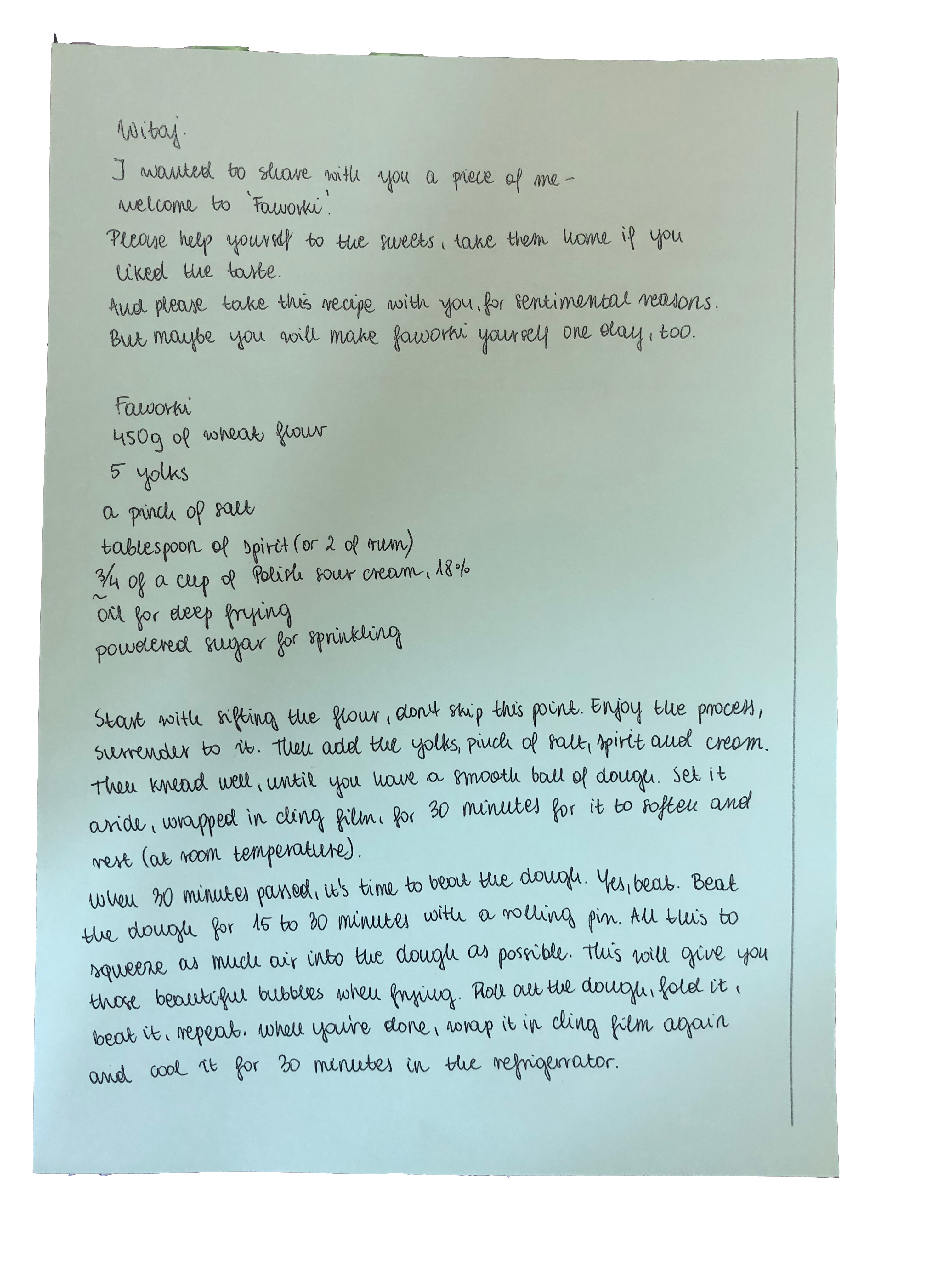
Faworki are an exploration of the distinctions and contradictions of being a Pole living in the UK through challenging the value systems traditionally associated with art spaces, aiming to bridge the gap between a cultural production and its consumption.
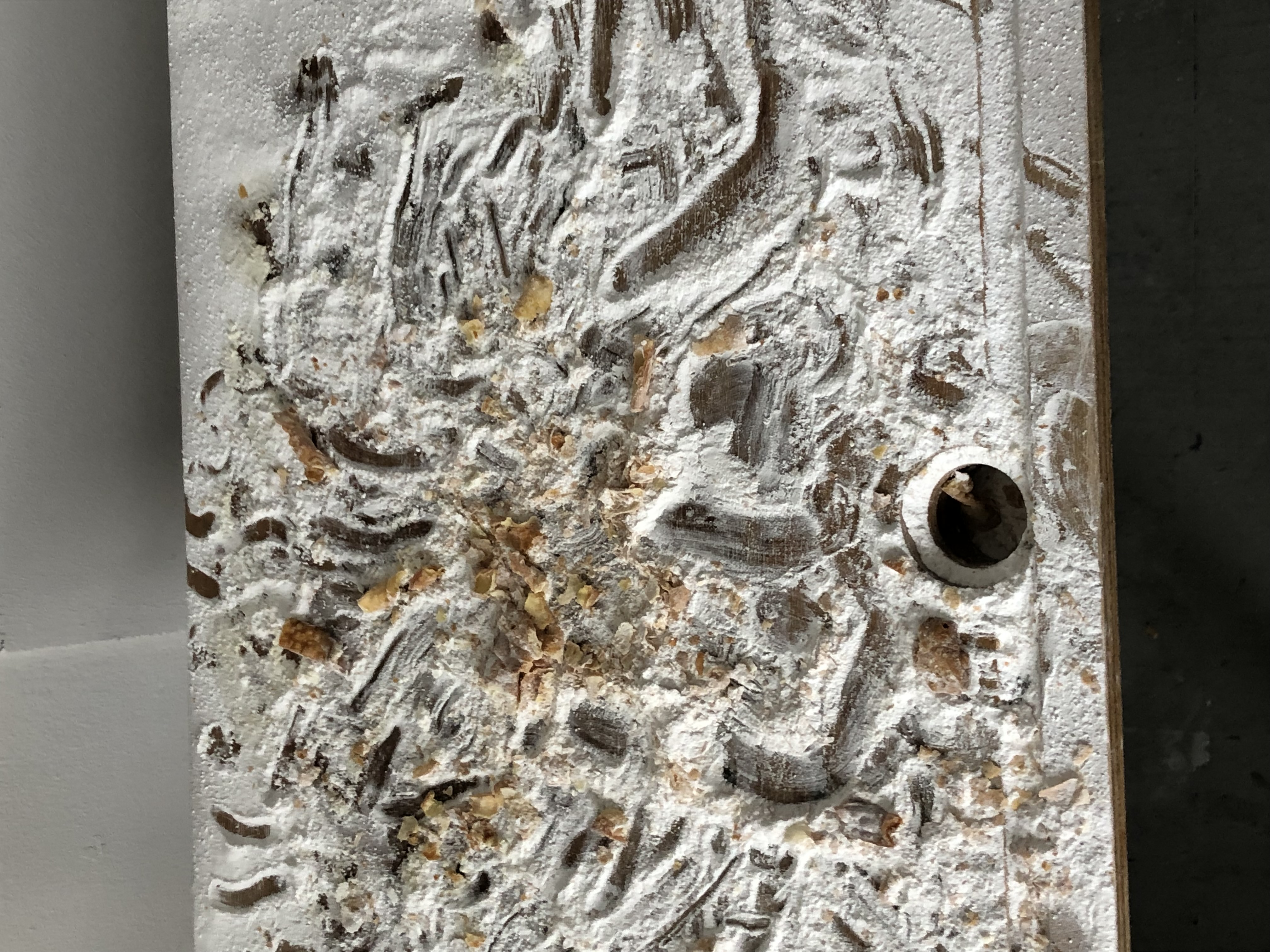
The bread and butter of life 2021
I devised and led an experiential creative workshop for the Youth Panel at Llantarnam Grange Arts Centre in Wales.
The aim of the workshop was to introduce the young people to the idea of using food as a medium in the context of conceptual, process and performative art. They were invited to focus on the process of creating rather than the final outcome, and to observe the emotions occuring in them while working on their sculptures made out of butter and bread.




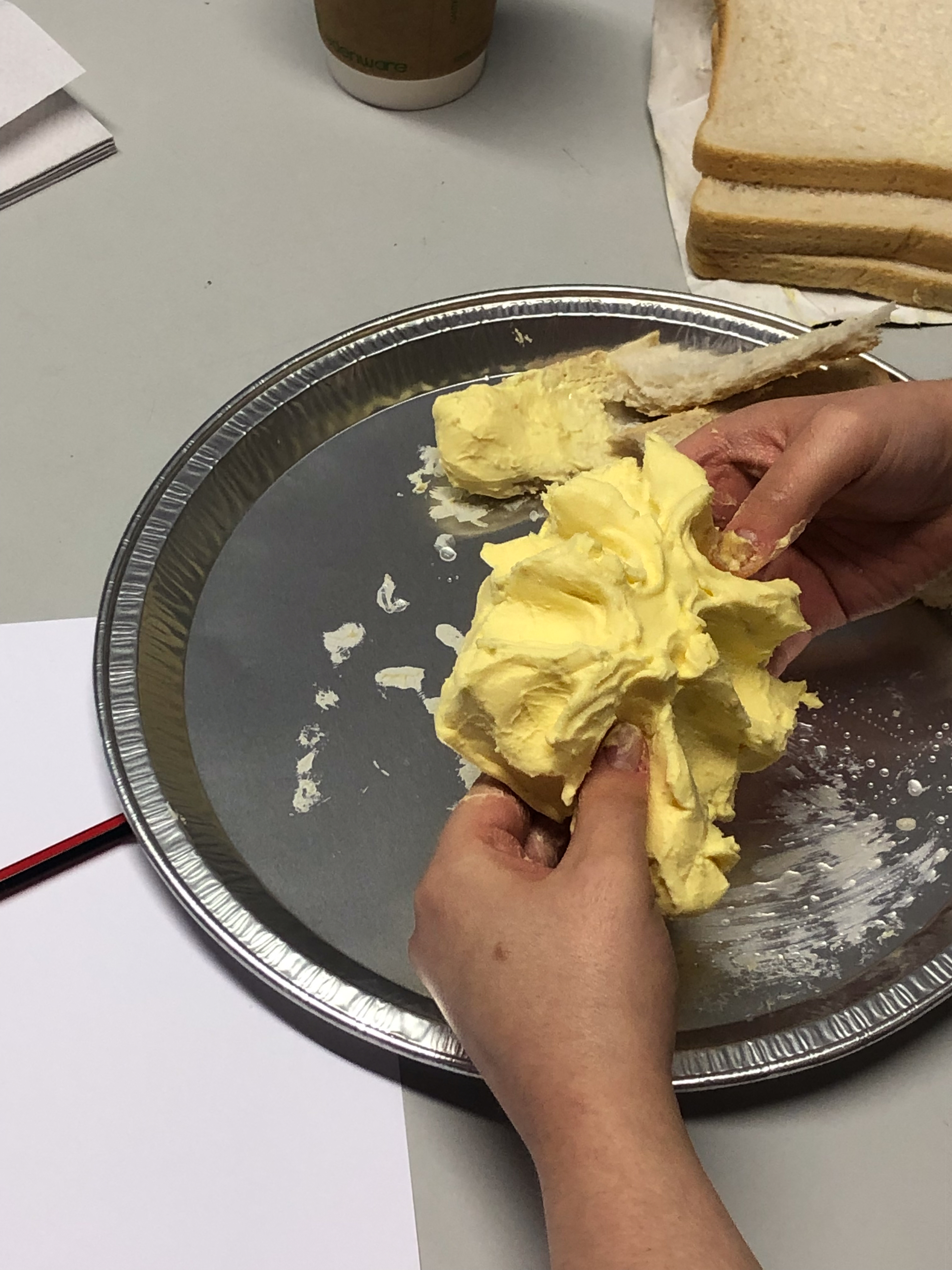
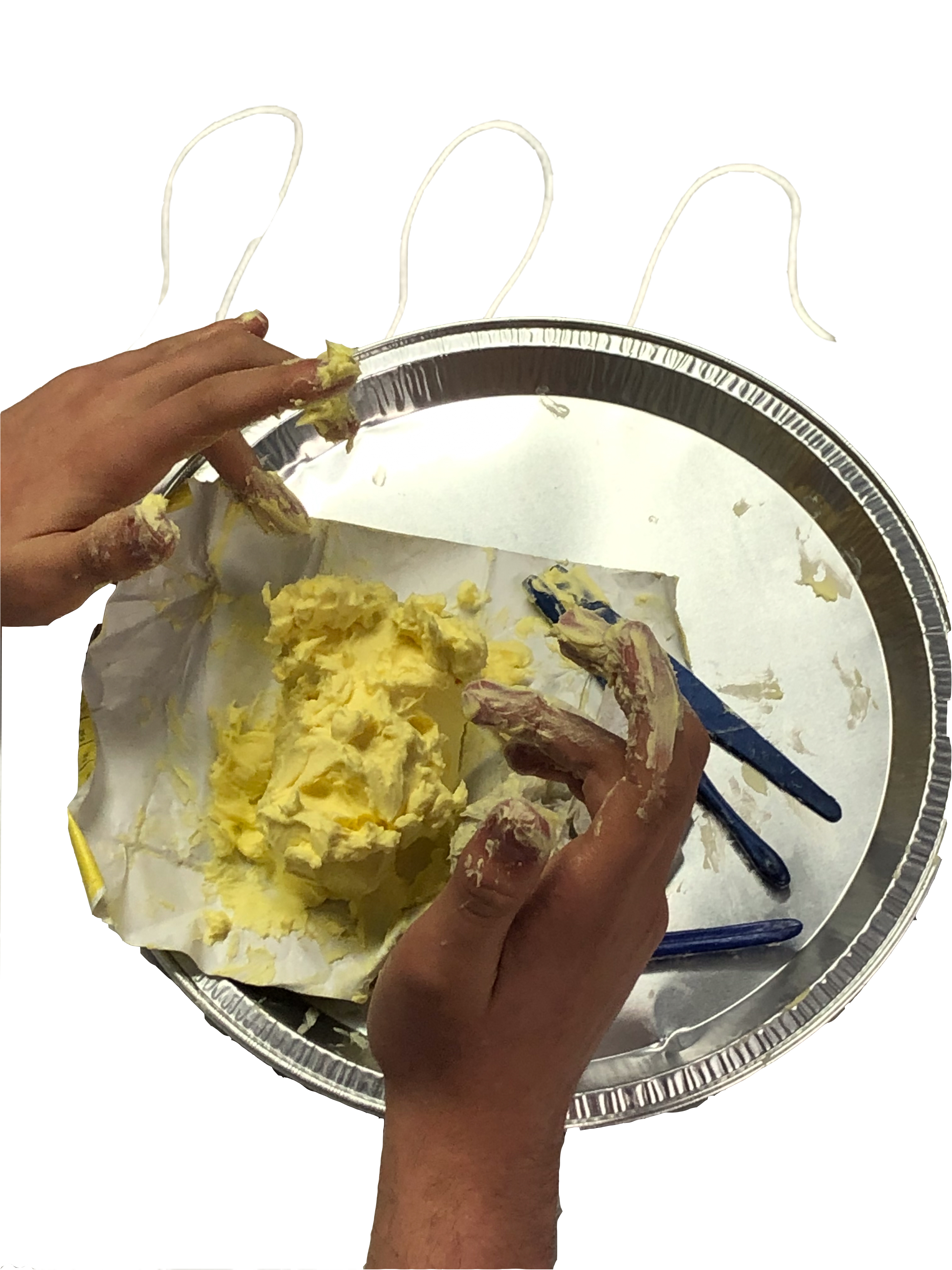

Ozdóbki
2021Ozdóbki (Trinkets) is a personal project exploring the connotations associated with female anger in a form of a video production and a series of prints (posters and a broadsheet newspaper), some of which were later fly-posted across London.
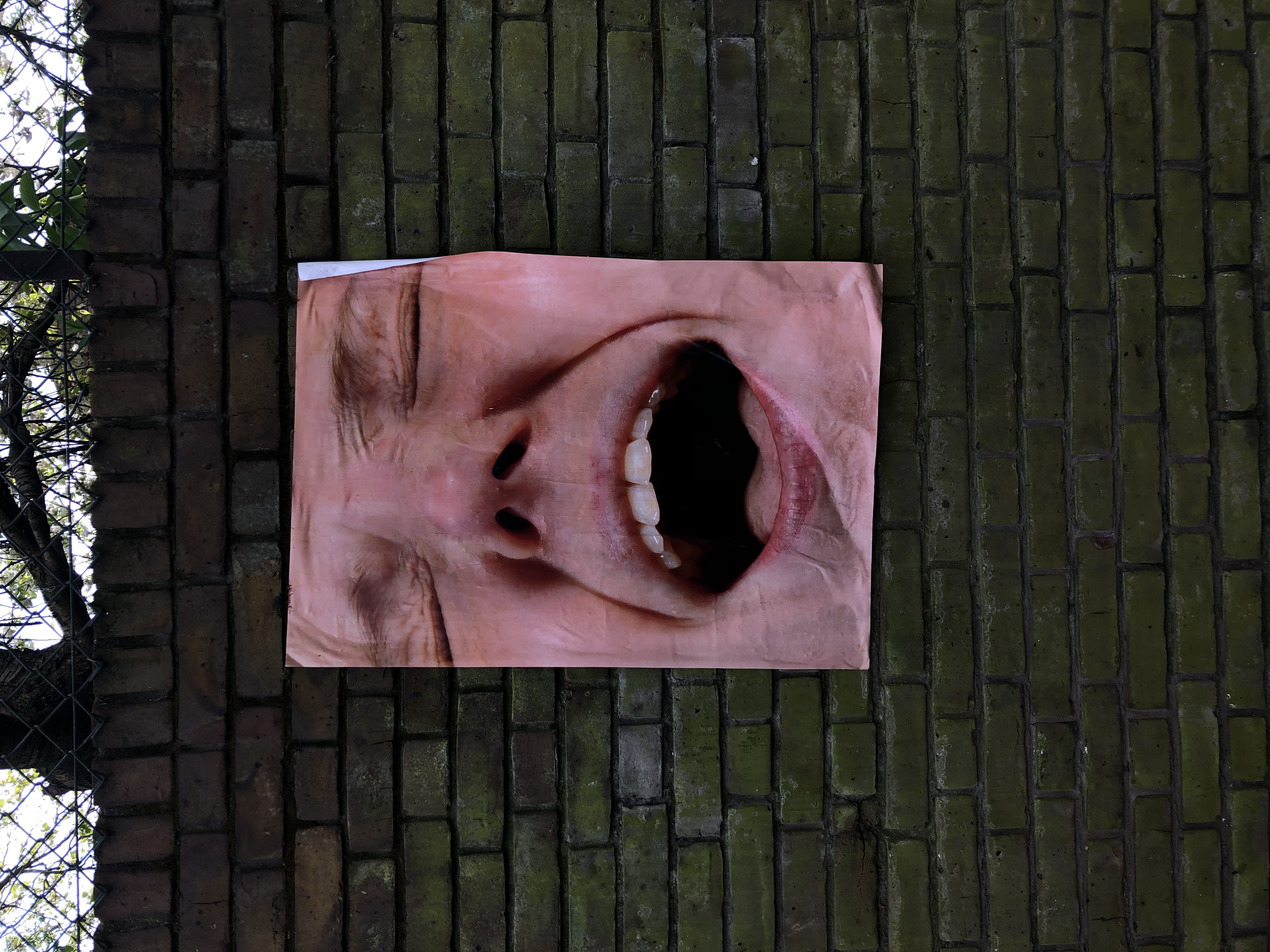
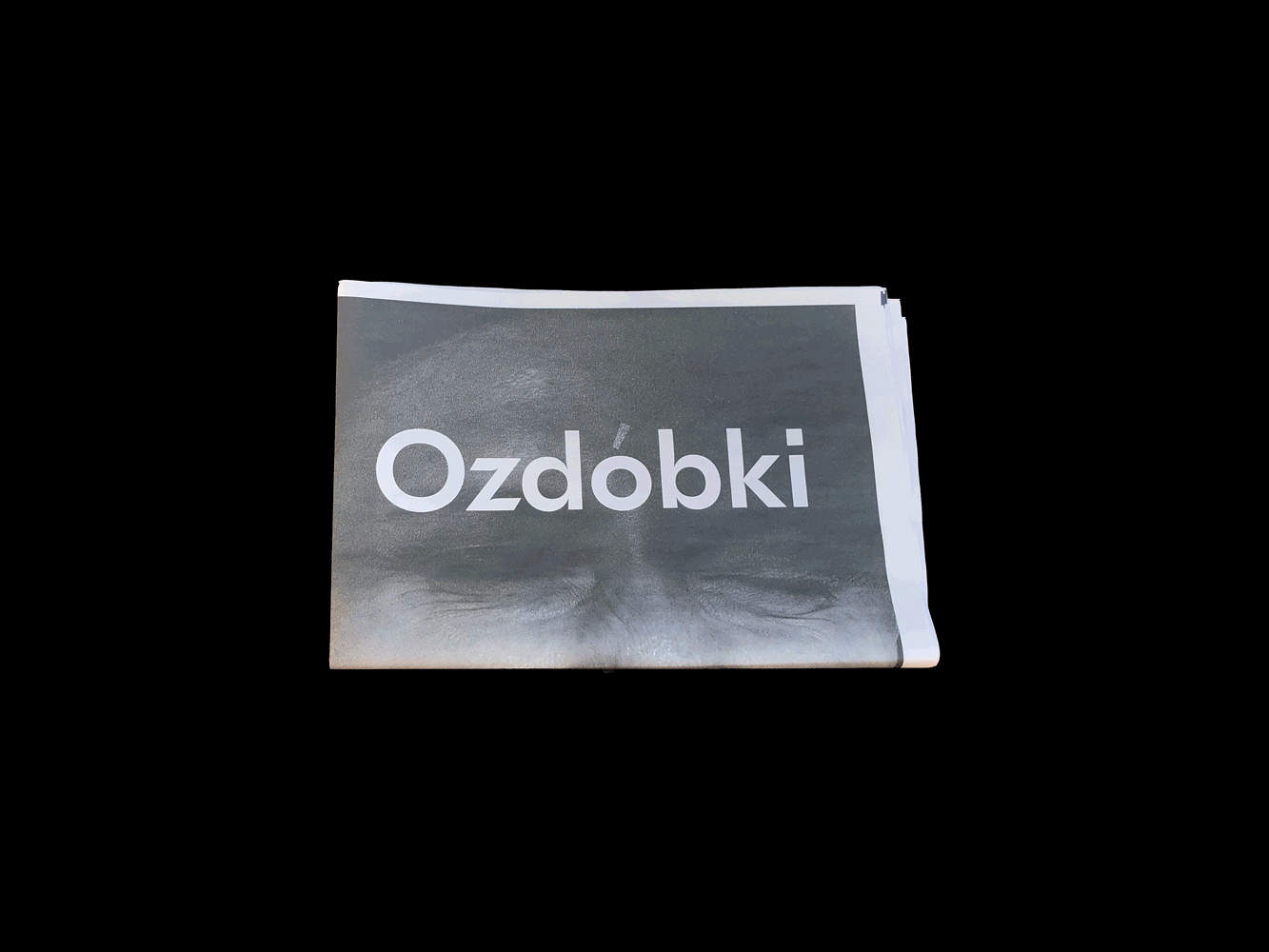
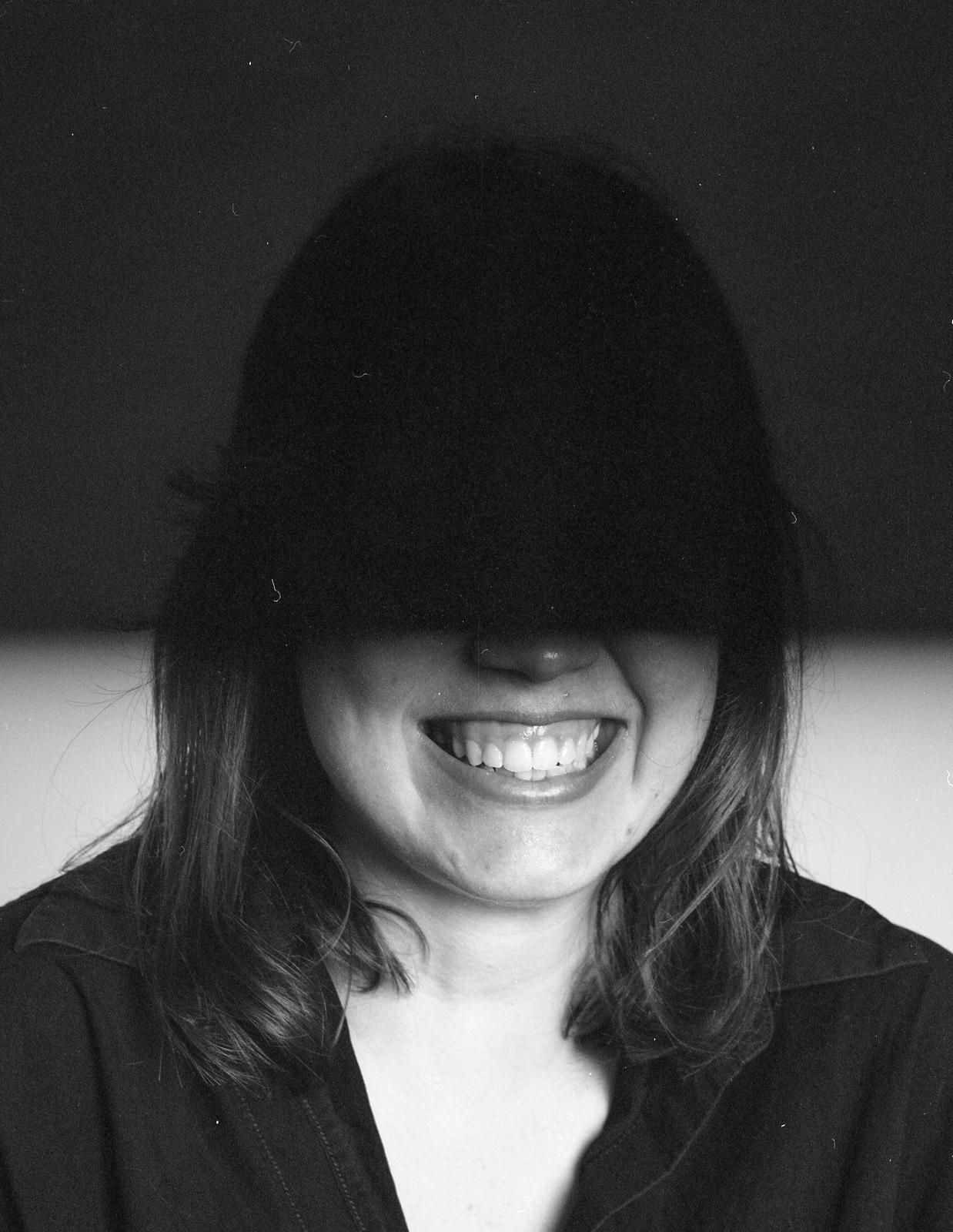
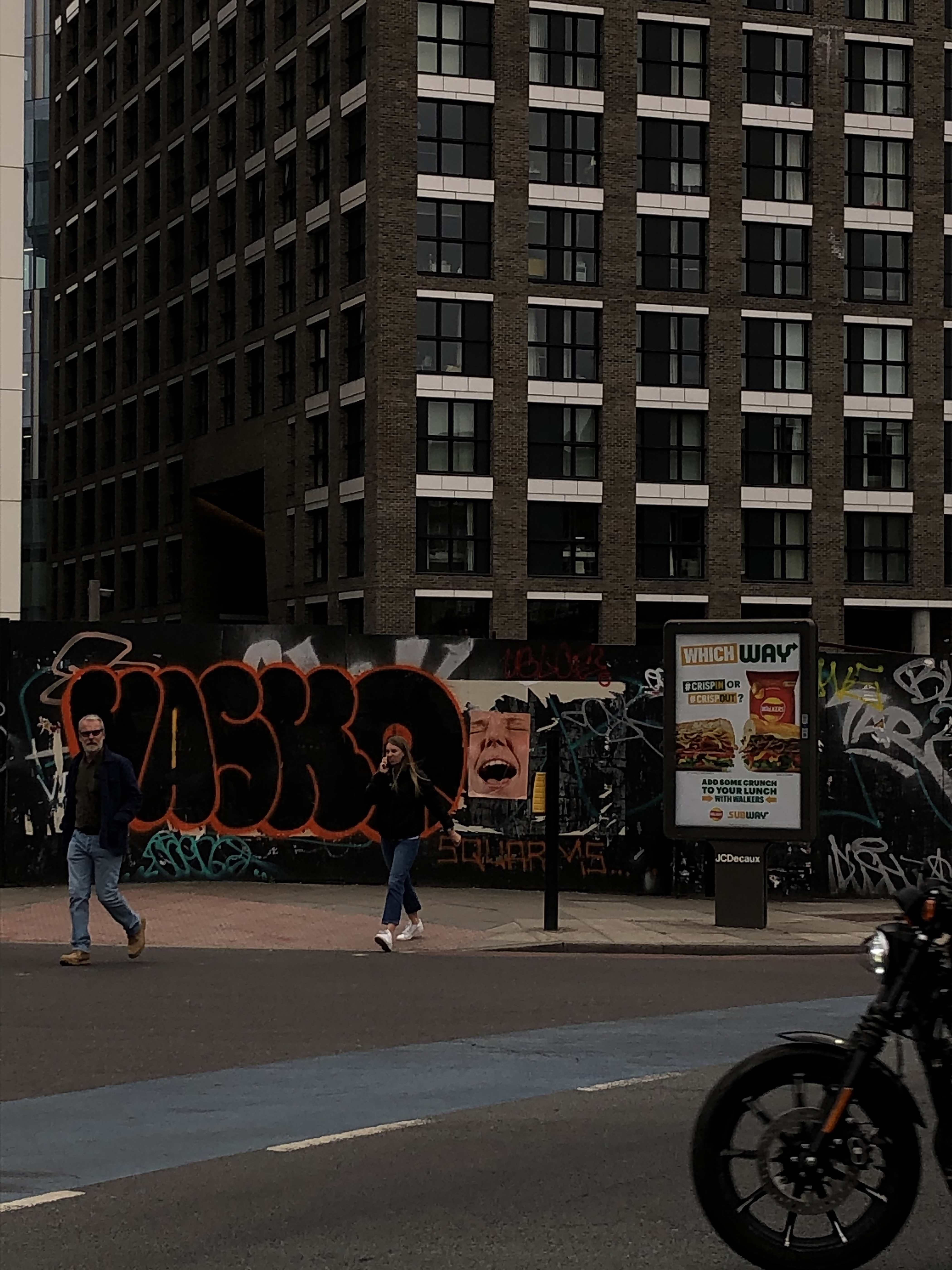
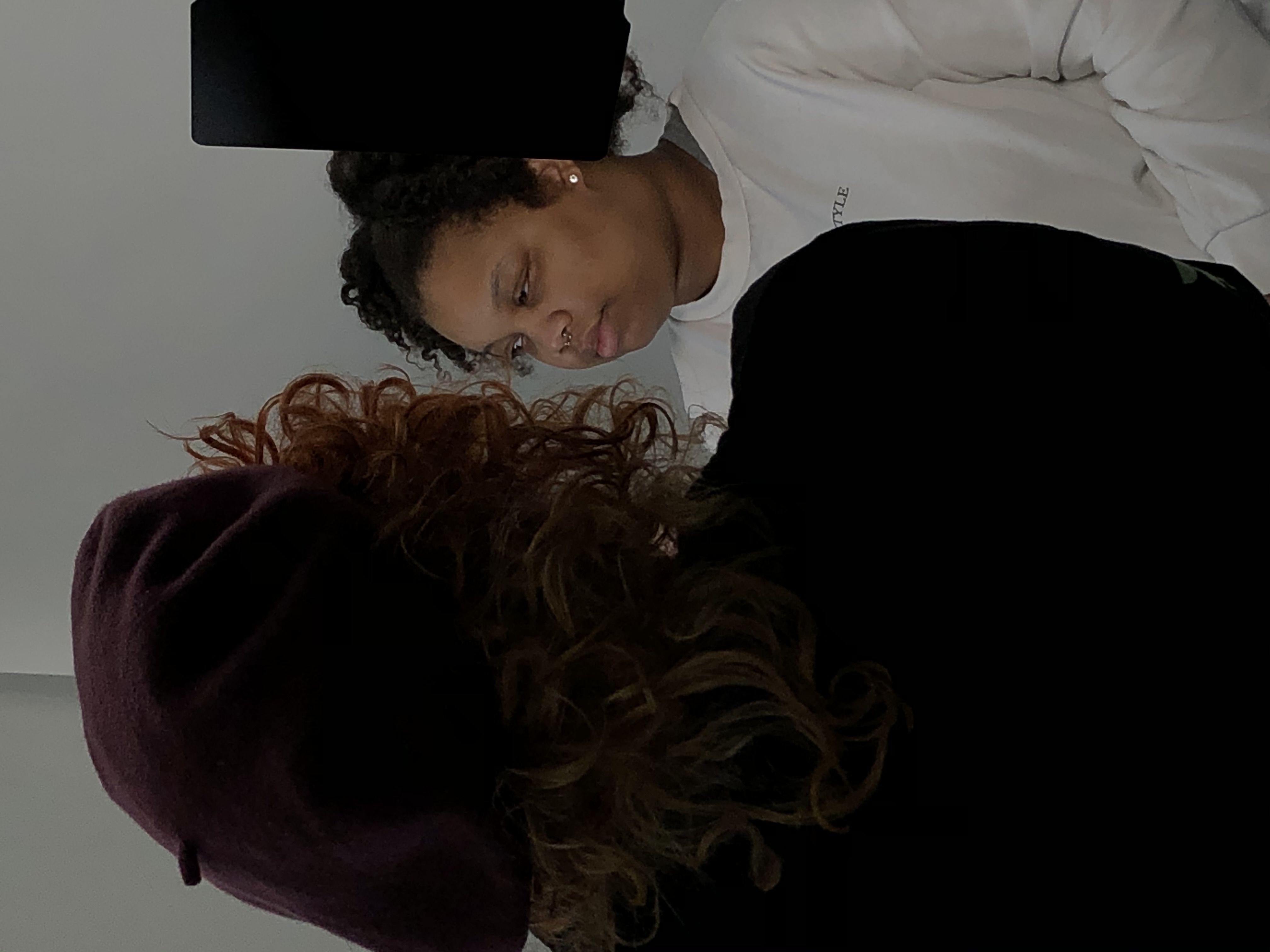
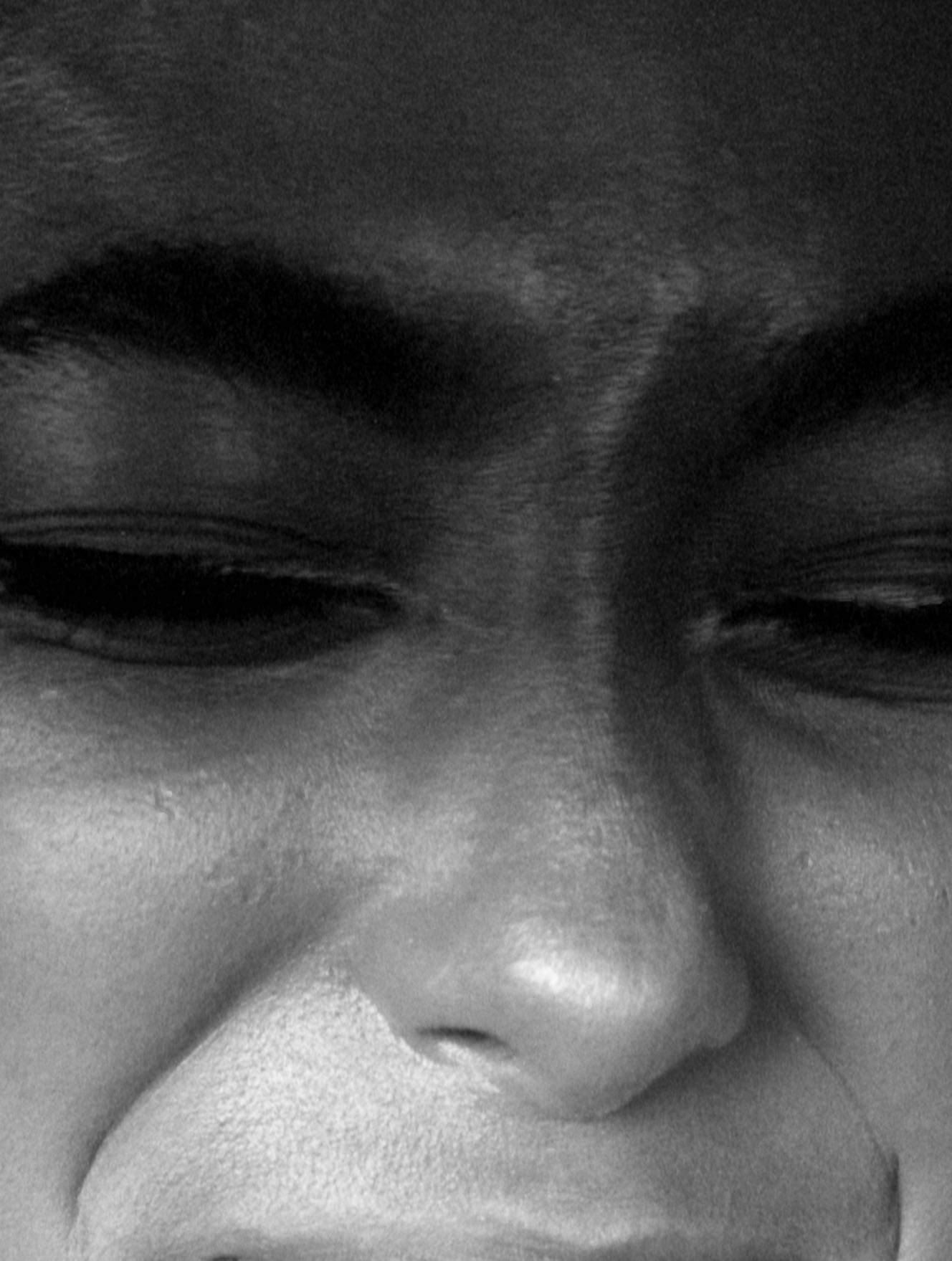
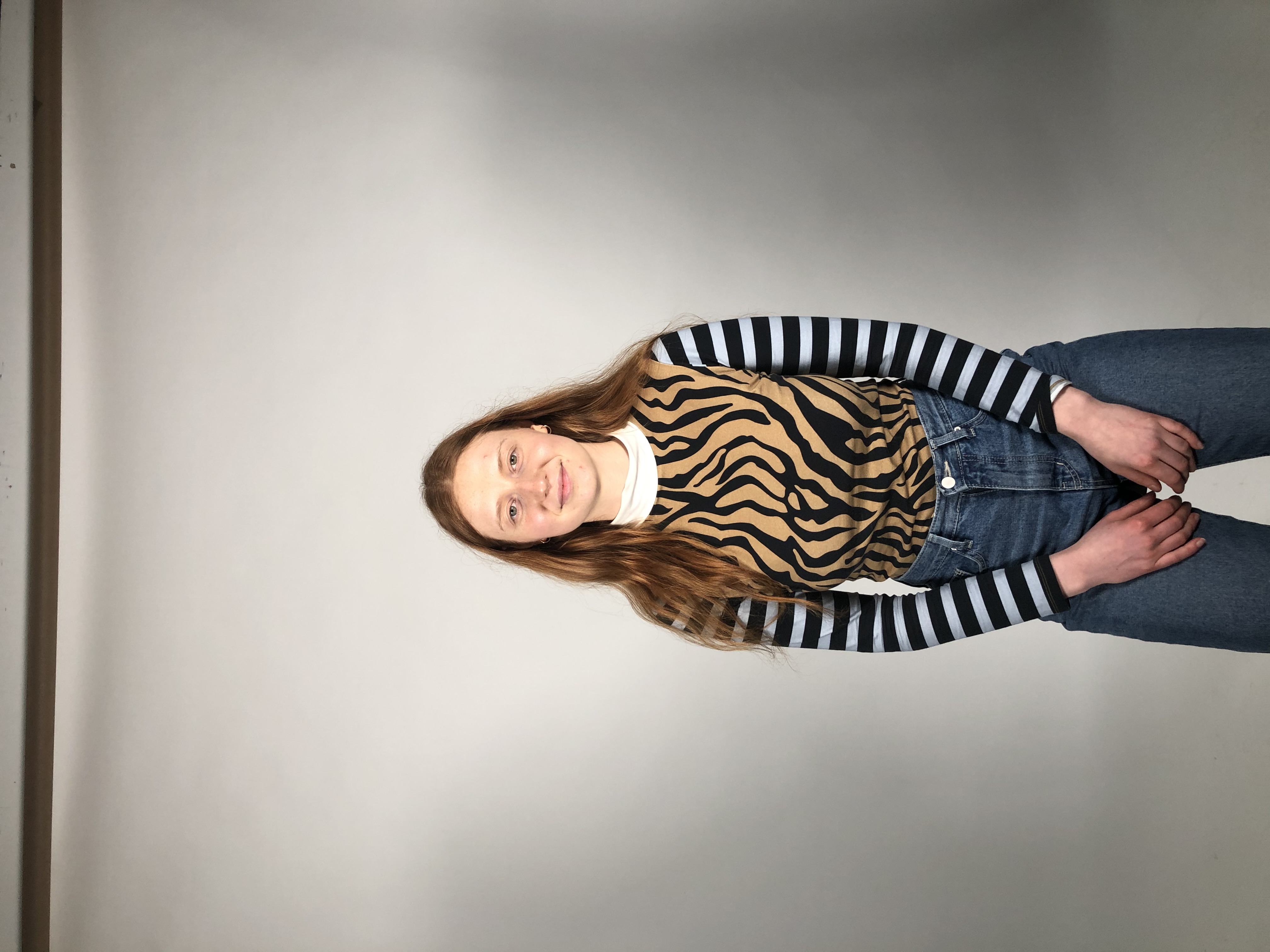

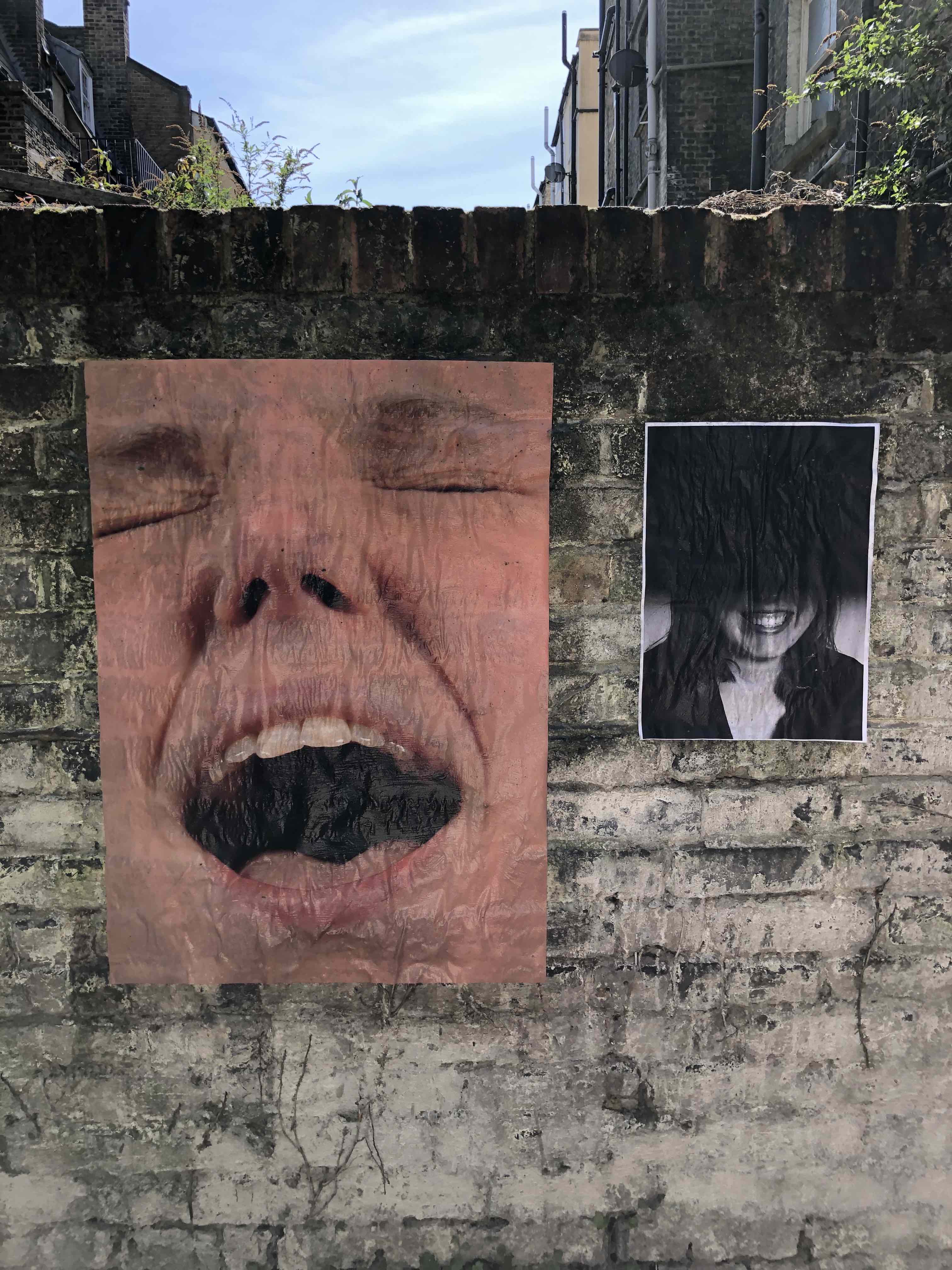
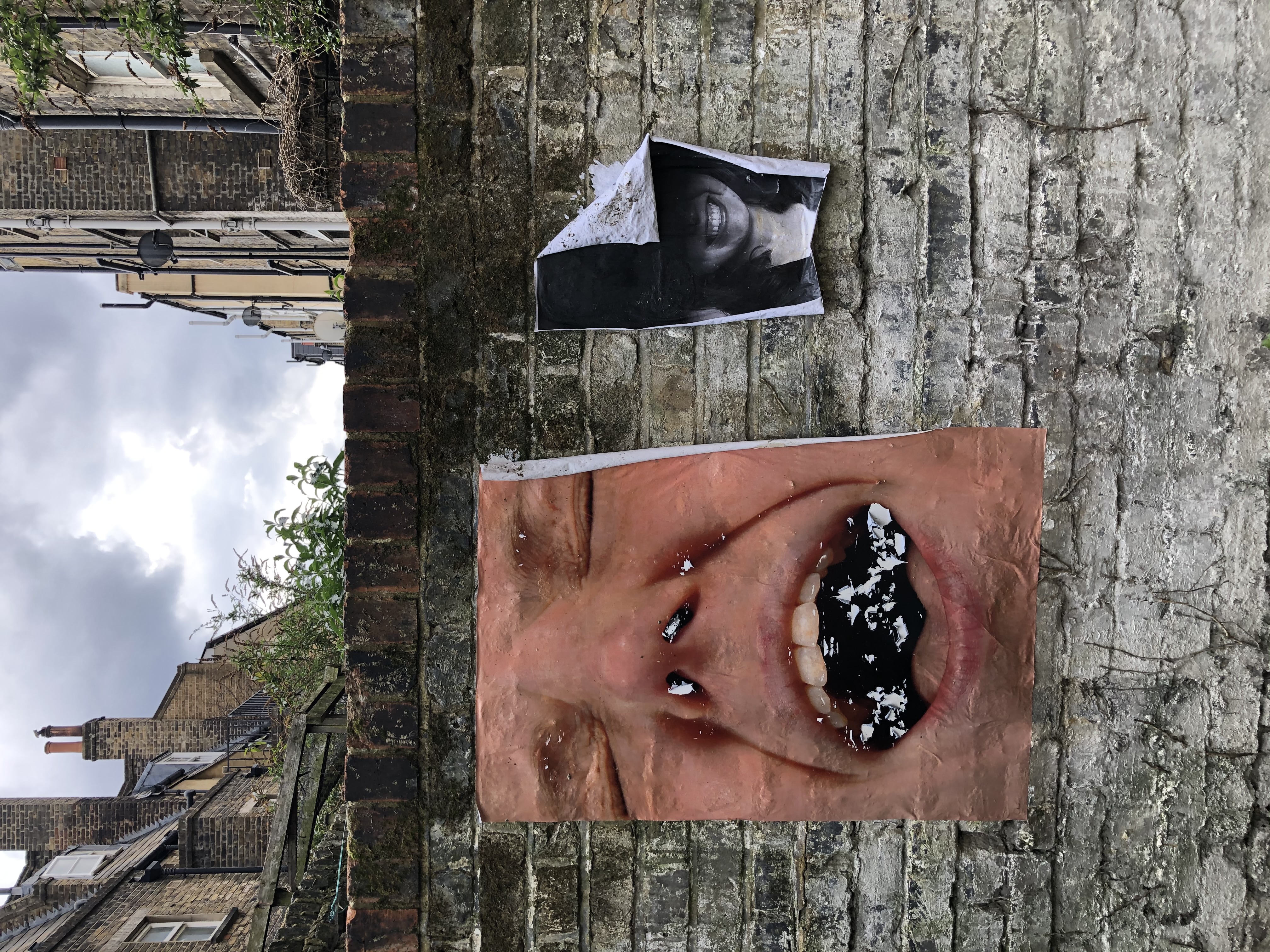
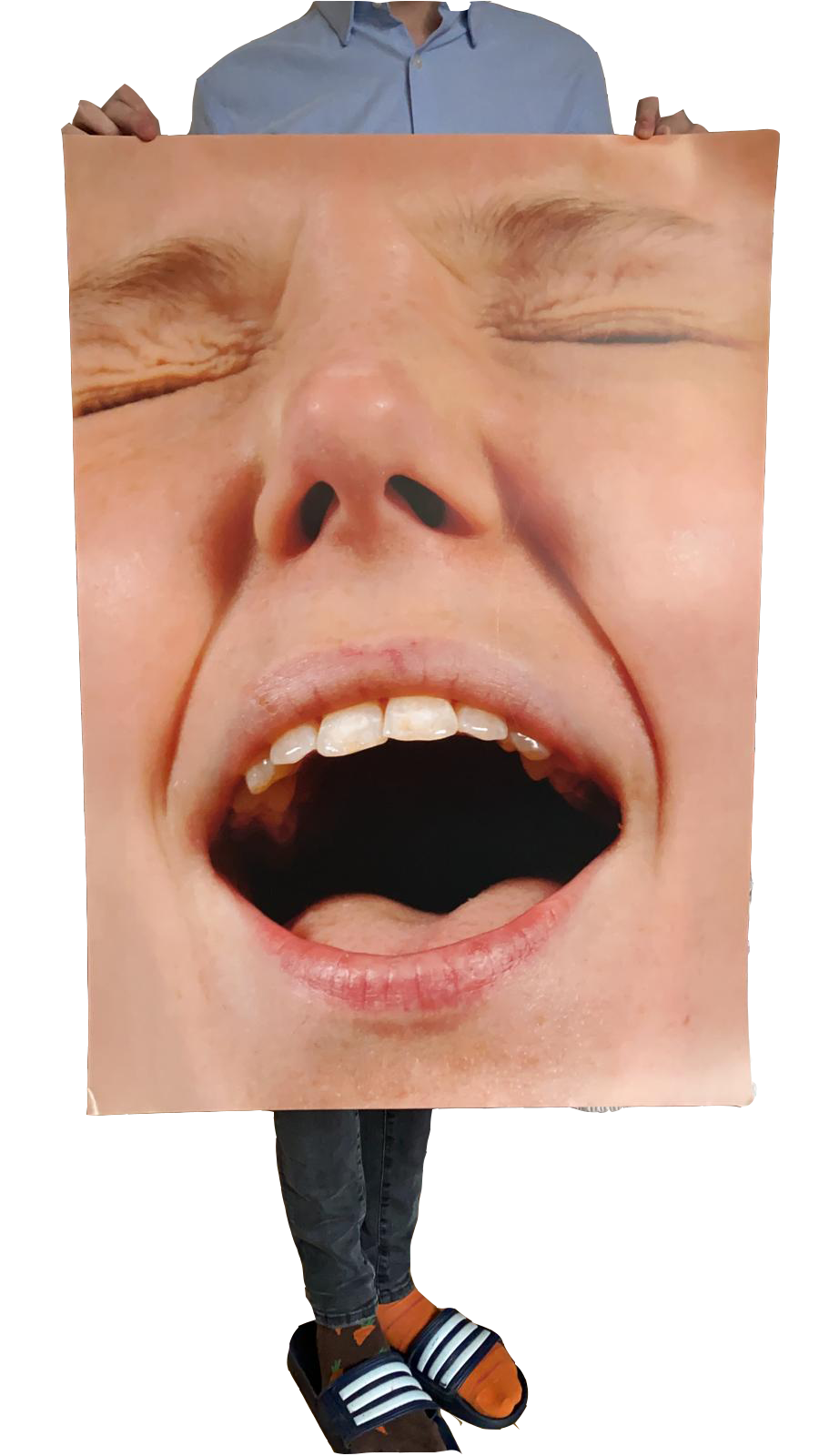
Blanka
2020'Blanka' is a photographic collage subverting the theme of a religious icon.
Thank you to Blanka Żukowska for letting me use your image.
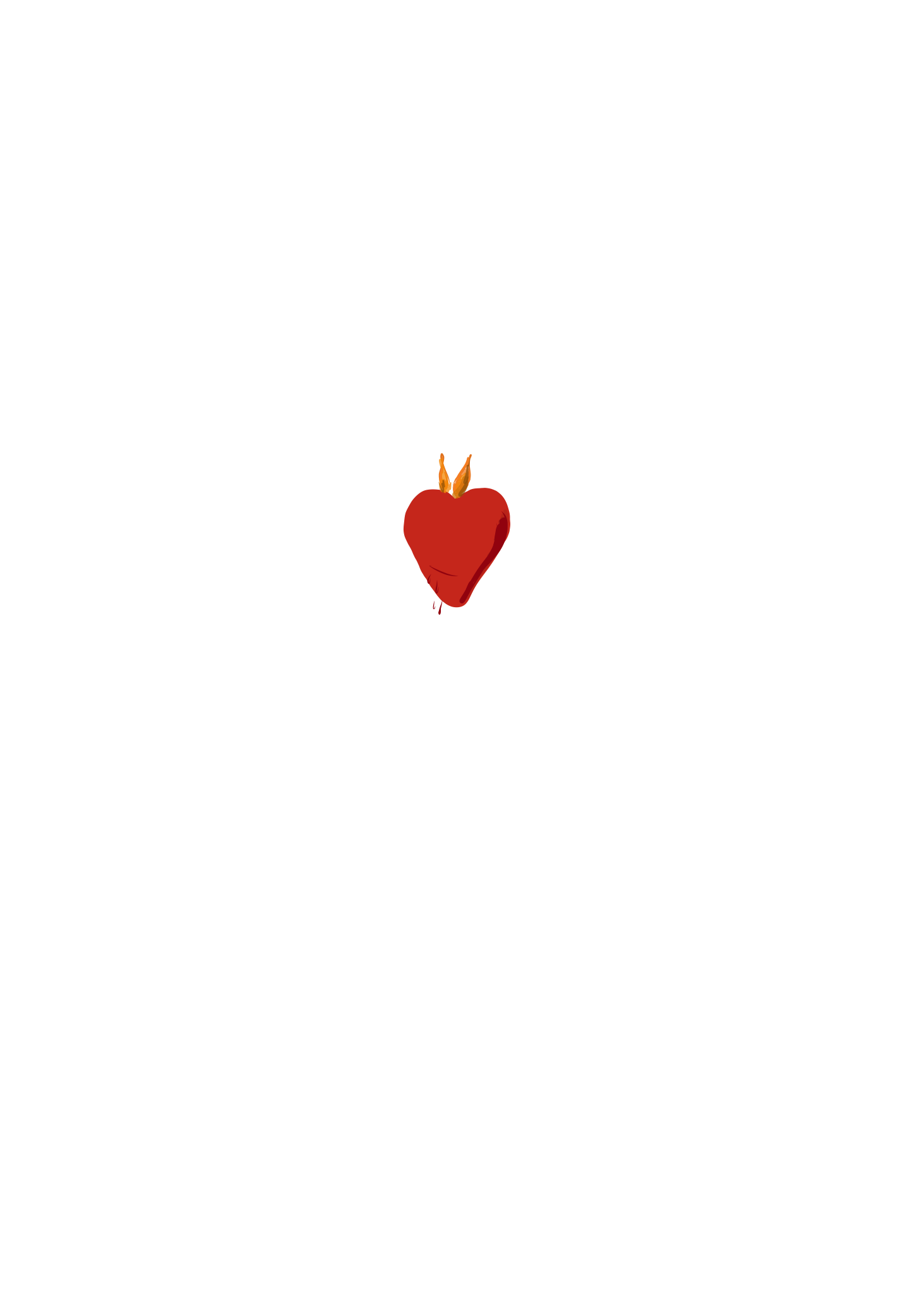

Woman has become an almost national symbol in Poland, illustrating Graff’s point about ’Polish nationalism [being] strongly gendered’ (2019: 472). Countless references to Matka Polka (the Polish Mother; translated), the Mother of God or allegorical representations of Poland as a 'suffering woman - tied, dying, and even crucified' (Graff, 2019: 473), result in focusing the national emotions on gender and sexuality. What Matka Polka speaks for, (‘heroic, sacred, and self-sacrificing motherhood’) (ibid.: 473), is further reinforcing the societal expectation towards women, resulting in a recurrent depreciation and marginalisation of Polish women.
Extolling motherhood, understood as a sacrifice, causes a contemptuous attitude towards women who are childless or want to control their fertility (Graff, 2013). All the suffering present in the symbolics involving women also further feed into the martyr ideology that Polish nationalism represents. This female imagery is also stating Poland as a rival to a Polish woman, with the country’s 'needs' being prioritised over women's.
Julia Brzozowska Polska jeszcze nie zginęła:
The use of art as commentary in Polish contemporary political debate. 2021
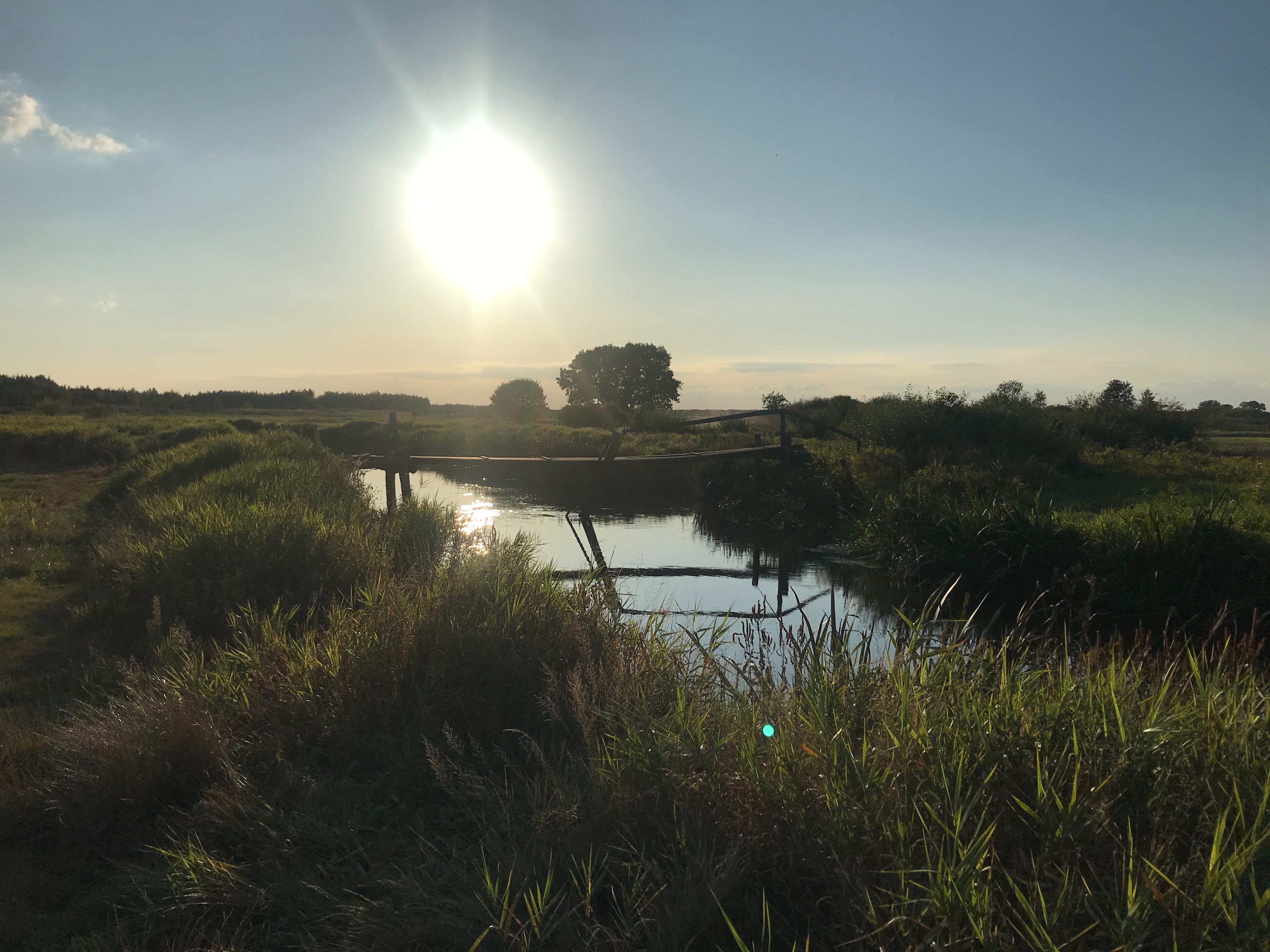
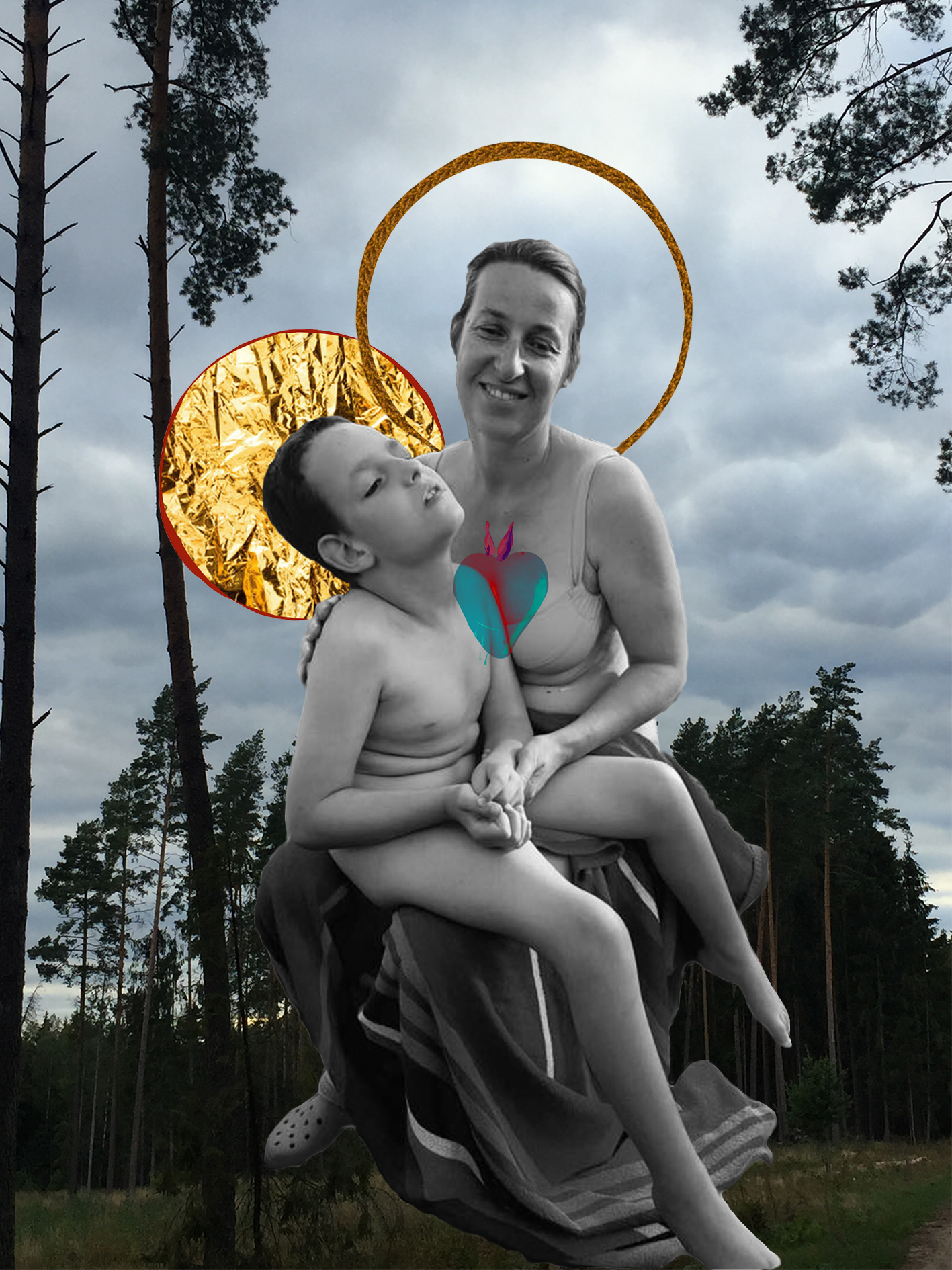

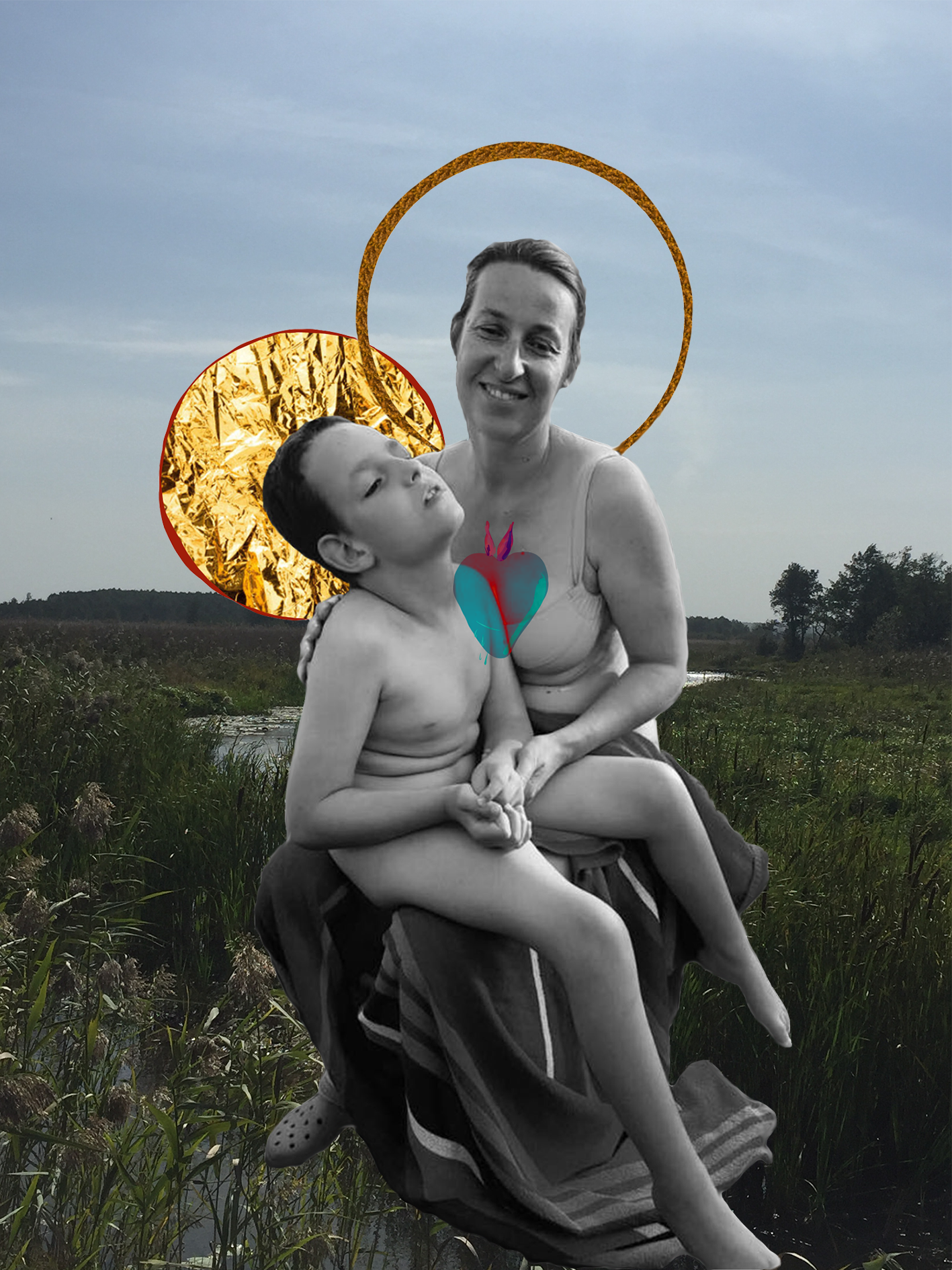
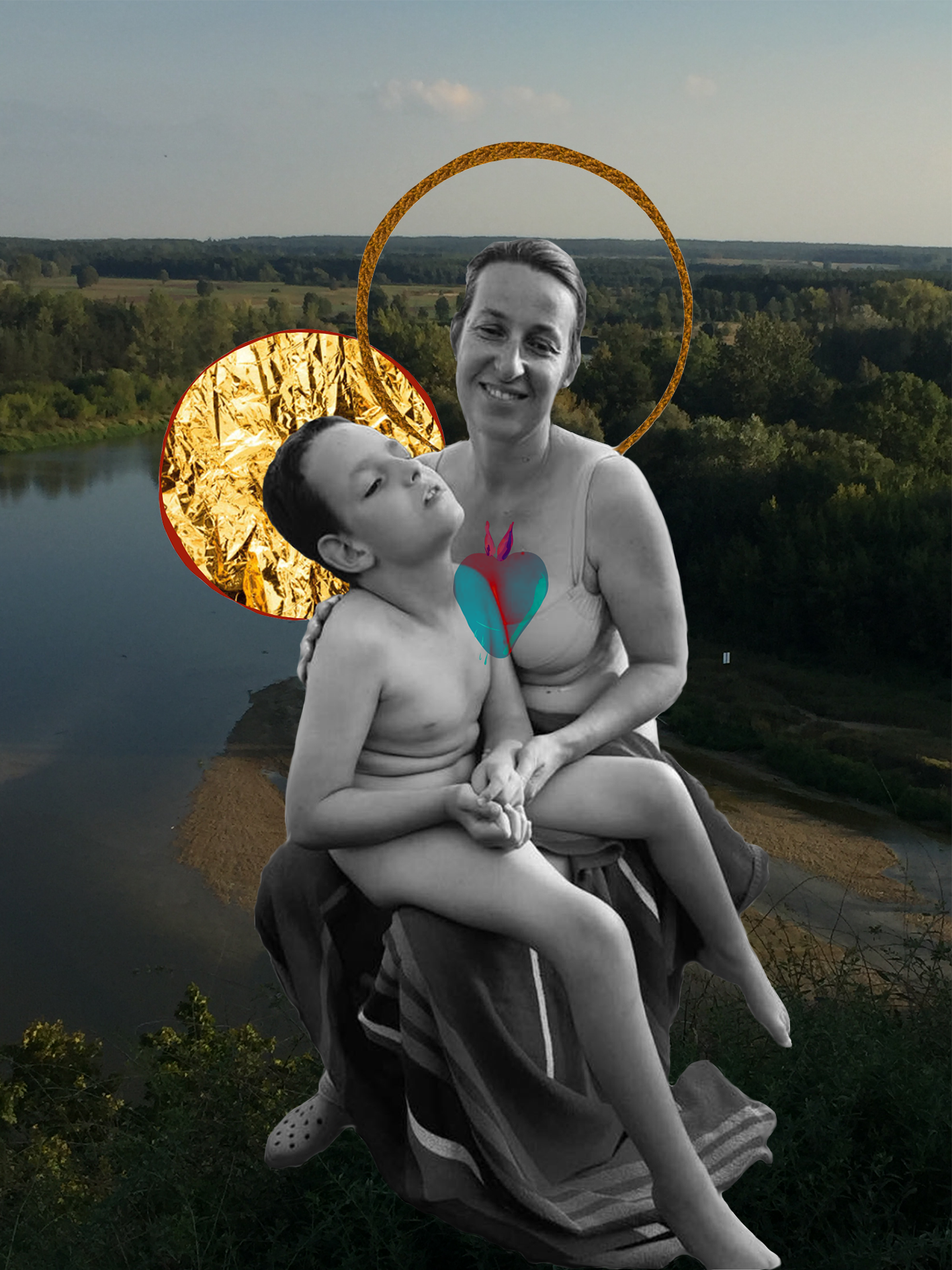
Short Story
2020Exploring anger: a short story of how I broke some plates.
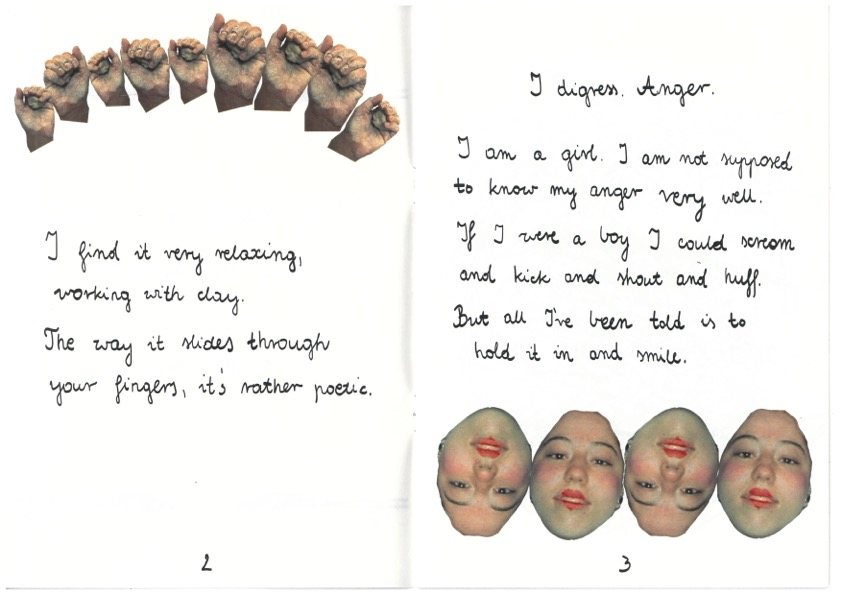
Short story is a zine featuring a handwritten short story with photographic illustrations.
It is a story of dissecting anger, an attempt to reclaim my body by performing the act of breaking plates, thus releasing emotions.
The story was printed in a form of a zine to make it resemble children’s book. It appears as such through the language and illustrations, sounding like a simple story for kids about emotions. The story however has a deeper meaning, targetting a more mature audience.
It is a story of dissecting anger, an attempt to reclaim my body by performing the act of breaking plates, thus releasing emotions.
The story was printed in a form of a zine to make it resemble children’s book. It appears as such through the language and illustrations, sounding like a simple story for kids about emotions. The story however has a deeper meaning, targetting a more mature audience.
